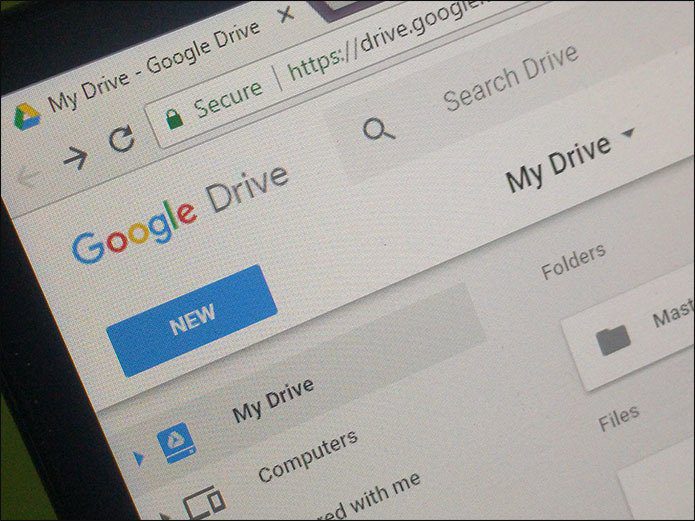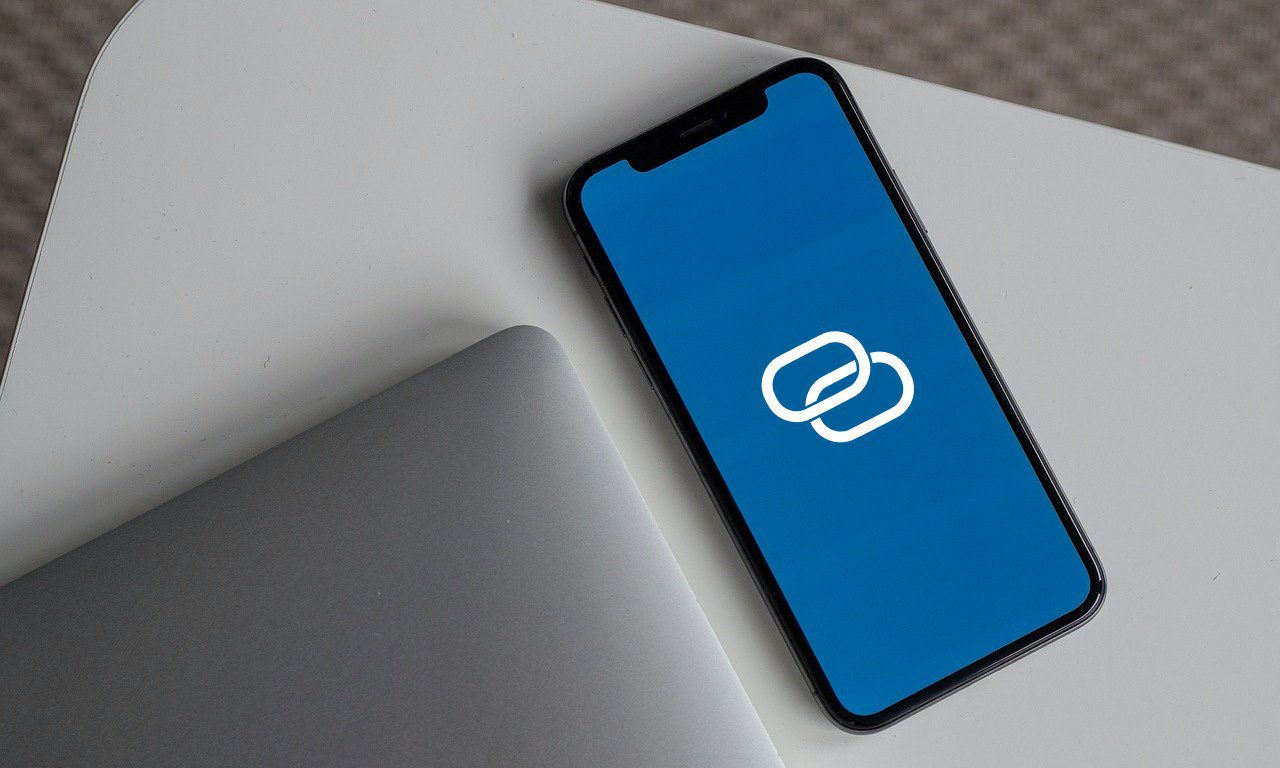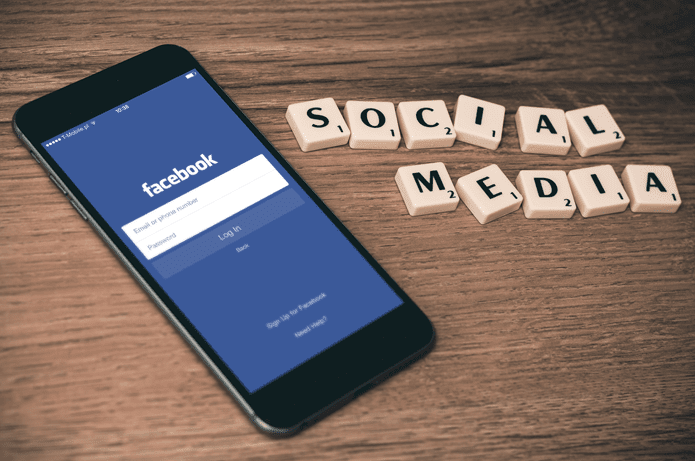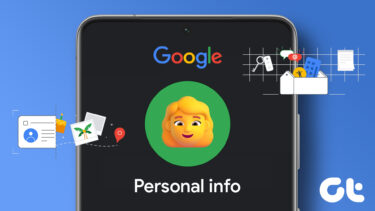First released in April 2013, Swype had already revolutionized typing on smartphones. Swype faced a stiff competition when Google released its very own version of a keyboard in May 2016 – the Gboard. Surprisingly it arrived for iOS first, then later for Android in December of the same year. From this point, there was no turning back. Nuance pulled a plug on Swype earlier this year. That helped Gboard became the undisputed favorite and gain user popularity. The reason was simple: Google integrated Gboard into stock Android. Thus, Gboard became part of the Google Apps package that comes pre-loaded on majority of Android phones. And that how Gboard gained consent from the users and began collecting user data only to send them over to Google.
A History Tainted with Data Breaches
The recent Google+ data leak exposed over 500,000 profiles, which was surprisingly kept secret for a few years. Eventually, Google decided to kill its social network. Moreover, this was not the first time; a list of recorded data breaches reveals that Gmail too was hacked, compromising records of 5,000,000 users. So one fact is evident: stored data can be leaked. Indeed, this is a big privacy issue. When the nature of data revolves around personal behavior through mechanisms of input such as typing, things can get even more serious. So one may want to be wary of what sort of data do Google’s most popular apps such as Gboard collect and send over to its servers. Of course, with no mention of encryption involved in the entire process.
How Does Gboard Share Your Data with Google
You may have no reasons to get worked up when third-party keyboard apps from established companies such as Google and Microsoft record your inputs because they have clear privacy statements regarding their products. When Glenn Fleishman, a senior contributor for Macworld reported on how Gboard was responsible for “a leak of information outside of encryption that someone on an open network, such as Wi-Fi at a coffee shop, could intercept,” Google was quick to quick to fix it. Google resolved the issue, but a skeptical mind is never at rest. Google claims that it collects anonymous user data to improve its product, which is all right. However, one may have enough reasons to not participate in their data-collection drive, and this is when we come to the point of this article, which is how to stop Gboard from collecting your data and sending it over to its servers. Speaking on data collection and tracking, did you know that VPNs protect you from commercial surveillance of ad trackers and in turn, make your browsing safe and secure? If you are looking for a basic VPN plan, check out ProtonVPN. It lets you try out a free trial before upgrading to paid plans.
How to Stop Gboard from Accessing Your Personal Data on Android
Gboard comes pre-installed on several Android phones. If you happen to have it on your phone, then the whole process will take no more than a few minutes, at the most. Step 1: Open Gboard by clicking on the app icon. Once you have done that, you will come across the screen shown in the picture below. Step 2: Click on the Advanced options and flick off the Share usage statistics and Share snippets options. Doing this shall stop the app from automatically sending keyboard usage statistics and snippets of your typing to Google. If you have not yet installed the app but plan to do so, Google has made it relatively simple for you to know that it’s seeking your permission to share your data. A few minutes into the freshly installed app, you will come across a popup such as this below. All you have to do is click on the rather polite ‘No, thanks’ option, and you’re good. If you want to make sure that you are all set, go over to the steps above to verify if the options are checked off. Google claims that Gboards examines contacts to use those details for improving quick suggestions related to contact information while typing emails or messages. If you do not want Gboard to read your contacts, you can do so by following the steps below: Step 1: Open the app info of Gboard from your Settings>Apps & notifications Step 2: Click on Permission Step 3: Flick off the Contacts option After doing that, Gboard will not read your contact details to send that data to Google. I even go as far as disabling microphone option (as I prefer typing to search commands), but several users refrain from doing that. It’s all a matter of convenience, after all.
How to Stop Gboard from Accessing Your Personal Data on iOS
Gboard is one of the popular iOS keyboards. So if you use Gboard regularly, you can restrict it from sharing your data. Despite iOS taking over control when it comes to feeding sensitive information such as passwords, Gboard if installed functions at its will, and in the process collect several bits of information. Here’s a Reddit thread on how third-party keyboard apps handle user data. In the screenshot below is the official documentation from Apple. Regardless, you can stop it from happening, and the app shall function normally. Here’s how to do that. Step 1: Head over to Settings> Gboard> Keyboard Step 2: Flick off Allow Full Access Done! You are good. Like I said above, the app will function normally.
User Data is a Precious Commodity
Android and iOS apps collect user data, which could be potentially used for advertising purposes – creating local, targeted campaigns to reap more money. You could stop sending them such data at the cost of less intrusive and targeted ads. However, that is not it. Data breaches are frequent and hit the most reputed of companies like Google, Microsoft, and Apple. Moreover, this kind of data is also pushed to other companies. How these companies treat your data is altogether different from the agreement between you and Google, or Apple, Facebook, or Microsoft for that matter. The above article may contain affiliate links which help support Guiding Tech. However, it does not affect our editorial integrity. The content remains unbiased and authentic.














